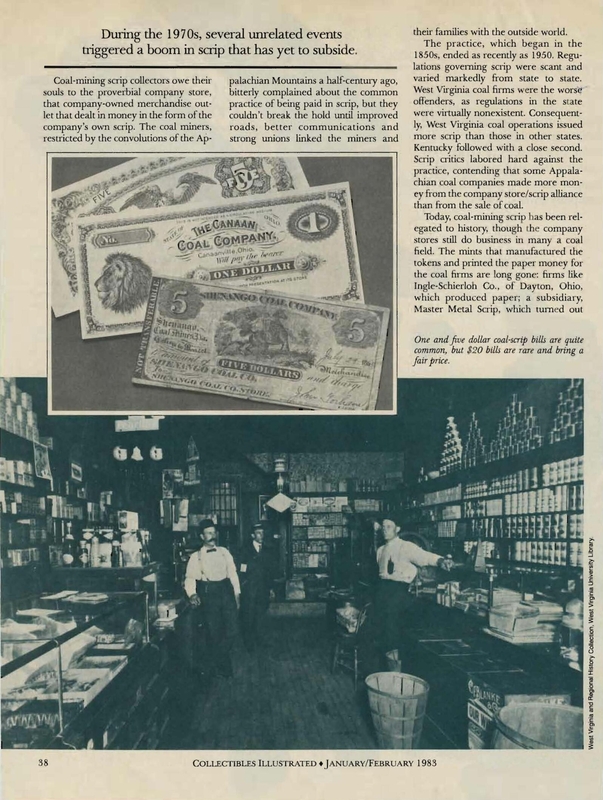Company Control
The fight between the coal companies and the UMWA was a fight for freedom and independence though the coal companies viewed it as a fight for power and control. Many of the issues disagreed upon between the two entities revolved around the miners' personal choices and freedoms within the coal company towns, miner financial and social security and stability, and miner safety within the the coal mines.
What began as coal company towns built around the coal mines to increase production via an increase in miner living-quarter proximity quickly turned into a community which hindered the miners' abilities to make their own personal choices. The company towns were complete with stores, churches, schools, libraries, and other ammenities and services constructed to build healthy communities. However, saloons and other locations believed to be negative influences were prohibited on company towns and created an inappropriate relationship between employer and employee; one which ultimately enabled coal companies to overstep their limitations set by the United States Constitution.
Despite company towns providing an effective solution to boost productivity and decrease production cost, their remoteness made them difficult to commute to and from at will. Not only was transportation scarce, but companies also regularly paid wages in company scrip (a term for any substitute for legal tender) and currency. This system created a dynamic by which workers were not only unable to shop alternative merchants, but also a dynamic by which the lack of competition enabled price guaging and economic inflation within the company communities. These circumstances induced financial debt onto coal miners; debt which had to be paid off before terminating employment.



